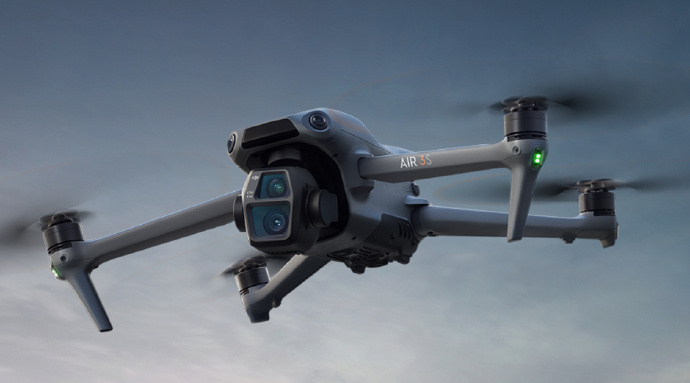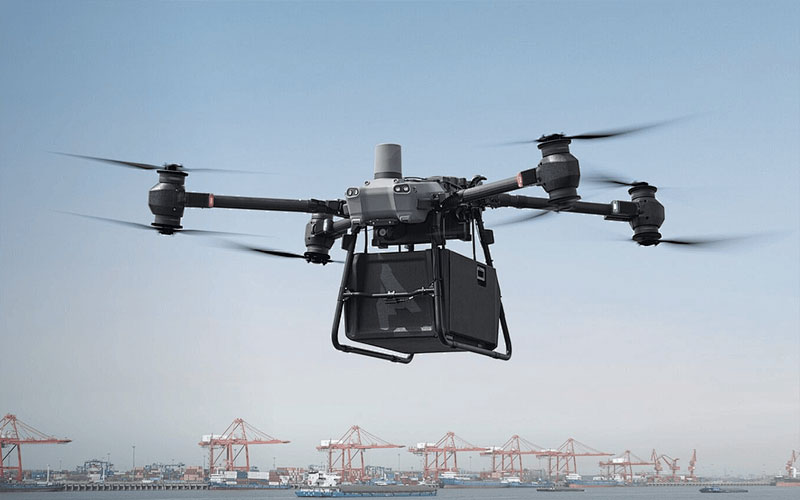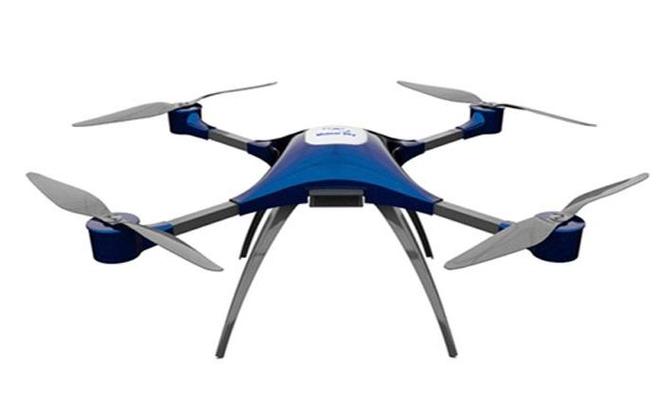The Rise of Underwater Drone Technology
Underwater drones with camera systems have become increasingly popular due to their versatility, robustness, and affordability. With technological advancements, these drones have evolved beyond simple hobby gadgets and are now essential tools in oceanographic research, wildlife documentation, and underwater filmmaking. By integrating powerful camera systems with submersible drones, users can effectively observe marine life in its natural habitat without disturbing the ecosystem.
Key Features to Look for in Underwater Drones
When choosing an underwater drone, several key features should be considered to ensure optimal performance and results:
- Camera Quality: High-resolution cameras are crucial for capturing clear and detailed images. Look for drones with 4K resolution and stabilization features to ensure sharp videos and photos.
- Depth Capability: The maximum operational depth varies significantly between models; select a drone that fulfills your exploration needs, whether it’s shallow waters or deep-sea ventures.
- Battery Life: Extended battery life is vital for long-duration missions, especially in remote or challenging environments.
- Maneuverability and Speed: Effective navigation controls and adjustable speeds can enhance the drone’s performance in different currents and sea conditions.
The Best Underwater Drones with Cameras
Several brands have excelled in creating top-notch underwater drones that meet various needs. Notable mentions include:
- Deep Trekker DTG3: Known for its compact design and 4K camera capability, ideal for both hobbyists and professionals.
- Chasing Innovation Gladius Mini: Offers advanced features such as live streaming and up to 100 meters depth capability, making it perfect for marine surveys.
- PowerVision PowerRay: This drone stands out with VR compatibility and detailed exploration modes, making underwater navigation a thrilling experience.


Applications of Underwater Drones
The utilization of underwater drones spans various fields:
Environmental Conservationists employ them for habitat assessment and wildlife monitoring, ensuring minimal disruption to aquatic ecosystems. In archaeology, these drones assist in surveying submerged artifacts and ancient shipwrecks, offering insights into historical discoveries without direct human interference.
Commercial fisheries use underwater drones to track fish populations and migration patterns, optimizing capture strategies. Moreover, in filmmaking, they provide unparalleled access to underwater cinematography, enhancing storytelling through vivid and immersive visuals.
Challenges and Considerations
Operating an underwater drone comes with its set of challenges. Water pressure, temperature fluctuations, and varying visibility are common issues operators face. Additionally, maintaining drone functionality requires regular upkeep and understanding of technological nuances.
FAQs
- How deep can underwater drones typically go?
Most consumer drones function up to 100 meters, whereas professional ones offer greater depths, exceeding several hundred meters.
- Do I need special skills to operate an underwater drone?
Basic knowledge is beneficial, but most drones are user-friendly with comprehensive manuals and tutorials provided.
- Can underwater drones be used in salt water?
Yes, though regular maintenance is necessary to prevent corrosion. Many drones are designed with saltwater compatibility in mind.

Underwater drones with camera technology are revolutionizing the way we interact with the marine world. Their intuitive designs and advanced features make them indispensable tools for diverse applications, promising to unveil the mysteries hidden beneath the ocean’s surface.
